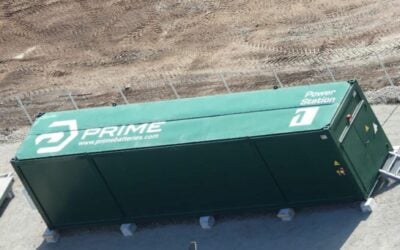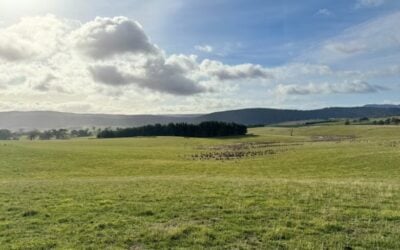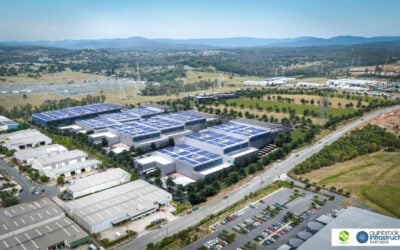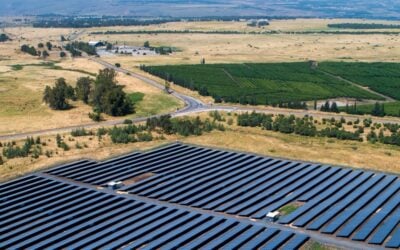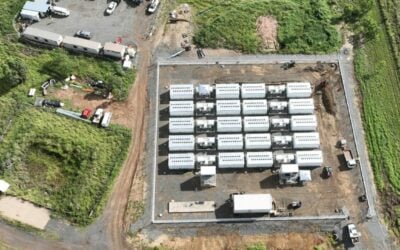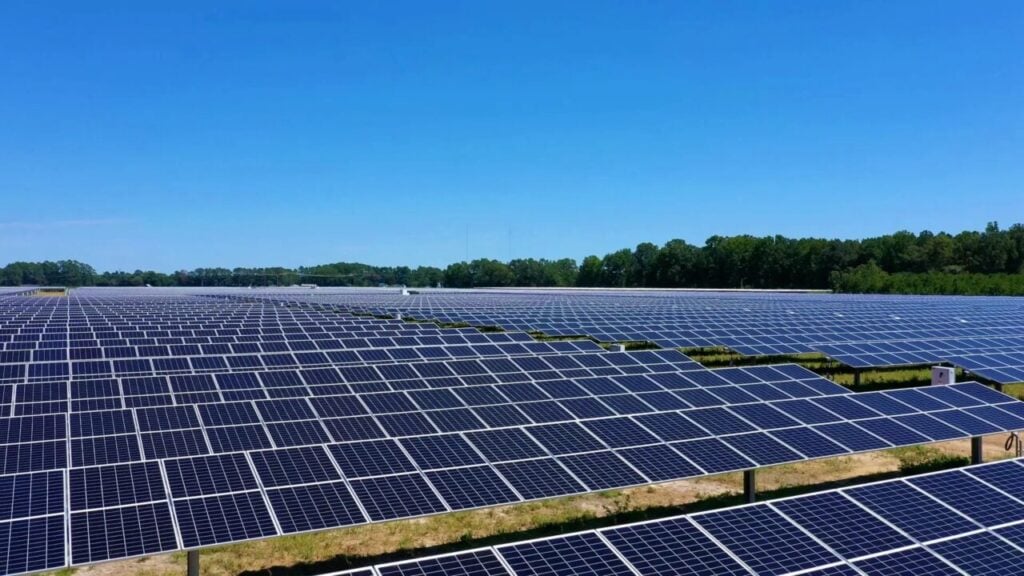
Colorado-based independent power producer (IPP) Korsail Energy has been dealt a blow in its quest to develop a 320MWh hybrid solar-BESS project in the Centennial State.
Officials in Alamosa County, where the project is proposed to be sited, recently turned down an application that would have paved the way for its construction. The vote on Korsail’s 1041 Permit Application from Alamosa County’s Board of Commissioners came after an almost five-hour public hearing held last week and follows Korsail’s initial permitting attempt last year that was also turned down.
Enjoy 12 months of exclusive analysis
- Regular insight and analysis of the industry’s biggest developments
- In-depth interviews with the industry’s leading figures
- Annual digital subscription to the PV Tech Power journal
- Discounts on Solar Media’s portfolio of events, in-person and virtual
Or continue reading this article for free
The application was submitted by Korsolis, LLC, a joint venture between Korsail, Texas-based private equity firm Rockland Capital and Colorado-headquartered solar investment company SolRiver Capital.
Founded in 2021, Korsail and its two investment partners claim to have a 2GW development pipeline of solar and storage projects across nine US states.
Alamosa County ‘very welcoming’ of solar and energy storage
Officials at Alamosa County were made aware of Korsail’s Cornflower Solar and Storage a couple of years ago before being formally introduced when the developer submitted its initial 1041 application with the Board of Commissioners during the third quarter of last year.
Plans indicated the project would comprise a 90MWac solar farm co-located with an 80MW/320MWh lithium-ion (Li-ion) battery energy storage system (BESS) located approximately 2 miles west of Alamosa’s city limits.
According to Korsail, the particular location was chosen due to its adjacency to transmission lines owned by Xcel Energy, allowing for ease of interconnection.
“Virtually no other location in Alamosa County has this proximity to a suitable transmission line, making this the only viable site”, said Korsail as part of its application with the county.
Although open to renewable energy, with one Alamosa commissioner describing the county as “very welcoming” of solar and storage projects, the initial application was denied in a 2-1 split vote in July 2024, after a lengthy public hearing.
During the hearing, residents raised concerns surrounding the project’s proximity to two wildlife reserves that appears to have factored heavily in the commissioners’ decision.
Korsail returned with updated plan
Despite the setback, Korsail returned to the county a few months later with an updated plan addressing the concerns raised by residents.
Although similar to its initial application, Korsail included a 450+ acre conservation area and increased the overall project site by 206 acres to avoid developing on certain wetland areas.
In the words of Korsail, the redesigned plan allowed the “project to avoid environmentally sensitive areas…while maintaining the US$22 million economic benefit” for the local community, as outlined in an economic impact evaluation report commissioned by the developer.
At the recommendation of the county’s fire department, Korsail also agreed to install a 26,000-gallon cistern at the site, to be used by the local fire department in the event of a BESS fire.
Alamosa denial also bad news for Xcel Energy
Despite these amendments, the board once again denied Korsail’s application in a 2-1 split vote, albeit with two commissioners voting in the opposite direction the second time around, arguing the changes didn’t go far enough in mitigating impacts to wildlife.
The denial also signifies bad news for Xcel Energy, which was scheduled to receive both energy and capacity from the Cornflower project commencing in 2027 under the terms of a long-term power purchase agreement (PPA).
Ordinarily, utilities prefer to award PPAs to developers of projects that have already overcome major hurdles, such as permitting, should the developer fail to clear these pivotal milestones.
By securing future revenue from the contract and then pursuing permitting, Korsail took the opposite approach. “Cornflower is the only utility scale solar project in Alamosa County currently seeking a 1041 permit that has been awarded a PPA from Xcel”, said Korsail in its most recent application.
The unique location proposed for this project seems to have played a key part in this somewhat reversed project development cycle, with Korsail claiming the PPA was awarded on the condition the project was located at this “precise location” in Alamosa County.
Unlike other proposals submitted to the RFP, Xcel found it could connect the Cornflower project directly into its network via adjacent power poles without any transmission upgrades – saving money and massively reducing the potential environmental impact.
Additionally, through this direct interconnection method, the Cornflower project could be up-and-running within two years, aligning with the utility’s ‘Clean Energy Plan,’ while also addressing the “acute” energy reliability issues expected for Alamosa.
As outlined in Korsail’s application, the Cornflower project was selected by Xcel as part of a 2022 RFP that received over 1,000 submissions.
Fate of project hinged on council decision
Korsail was hoping to commence construction as early as June this year, with commercial operations slated for February 2027.
However, in an interview that took place before the hearing, Korsail CEO Brandon Conrad seemingly indicated the future of the project hinged on the Board of Commissioners’ decision.
“We submitted our application last November, and we have been waiting for this hearing … if the hearing doesn’t go well, then the project dies”, Conrad told local news outlet Valley Courier.
Energy-Storage.news has reached out to Korsail for comment and will update this article on receipt of a response.
US$240 million investment from Rockland
According to the application, capital costs up to US$240 million were earmarked by Rockland Capital for the Cornflower project.
As part of the Korsolis joint venture, Rockland Capital, through its Rockland Power Partner III fund, provides equity for costs associated with development, interconnection, construction and equipment purchasing.
SolRiver Capital is responsible for arranging tax equity and debt financings for the venture, with Korsail leading project development.

